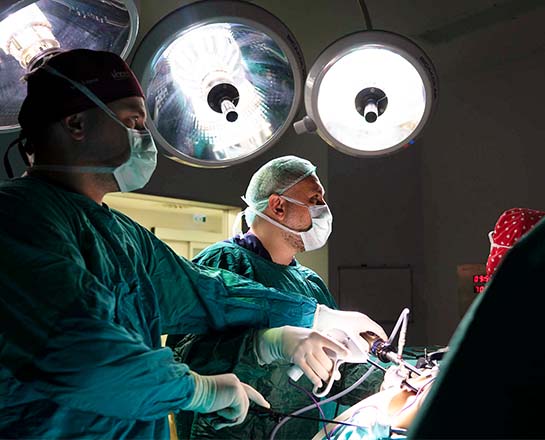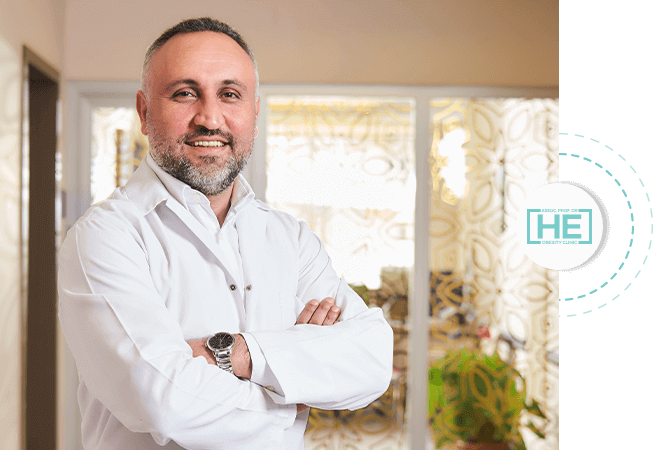Dr. HE Obezite Kliniği
Yardıma mı ihtiyacınız var ?
Bizi Arayın !
+90 543 346 10 00
Dr. Hasan Erdem Kliniği olarak bire bir hasta odaklı yaklaşımı, seçkin doktor kadrosu, deneyimli sağlık personelleri, tıbbi altyapısı ve yüksek teknolojik standartlarımızla değerli misafirlerimizin sağlığını önemsiyoruz.







 Doç. Dr. Hasan ERDEM, 1976 Hatay doğumlu olan Dr. Hasan Erdem; 1996 yılında İstanbul Tıp Fakültesi’ne girmiş ve 2002 yılında Tıp Doktoru olarak mezun olmuştur. Ardından İstanbul Bezmialem Vakıf Gureba Eğitim Araştırma Hastanesi Genel Cerrahi Kliniği’ nde ihtisasa başlayıp 2008 yılında Genel Cerrahi Uzmanı olmuştur.
Doç. Dr. Hasan ERDEM, 1976 Hatay doğumlu olan Dr. Hasan Erdem; 1996 yılında İstanbul Tıp Fakültesi’ne girmiş ve 2002 yılında Tıp Doktoru olarak mezun olmuştur. Ardından İstanbul Bezmialem Vakıf Gureba Eğitim Araştırma Hastanesi Genel Cerrahi Kliniği’ nde ihtisasa başlayıp 2008 yılında Genel Cerrahi Uzmanı olmuştur.




